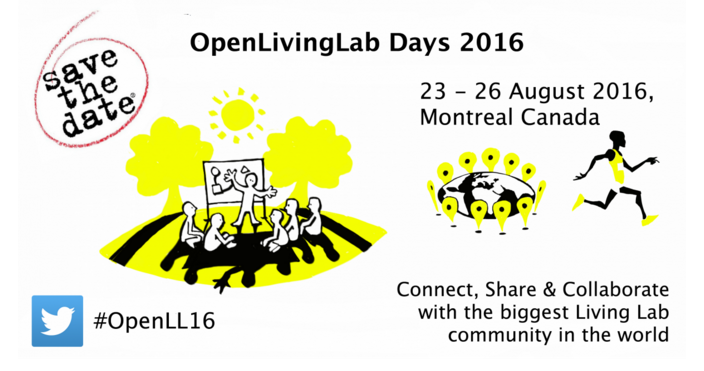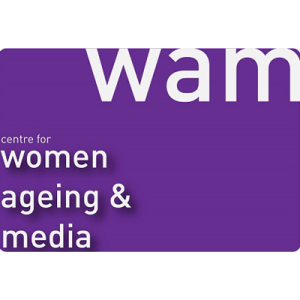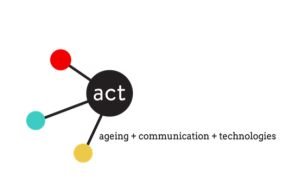Call for Papers
Canadian Communication Association (CCA) Annual Conference 2016
May 28, 29, 30, 31 2016.
University of Calgary,
Calgary, Alberta
“Energizing Communities” is the theme of the Canadian Federation for the Humanities and Social Sciences (CFHSS) 2016 Congress within which the Canadian Communication Association (CCA) will hold its Annual Conference, May 28-31 at the University of Calgary, Alberta (http://congress2016.ca). We are calling for proposals that explore, critique and extend this theme as well as for proposals on any other themes relevant to Communication Studies.
We invite scholars and professionals to submit proposals that develop the range and depth of scholarship in communication studies. Proposals may take the form of:
Single-paper presentations – Regular stream
Panels (maximum of 4 papers)
Roundtables or Workshops
Single-paper presentations – Graduate Master’s Sessions (Optional for Master’s students only)
Deadline for Submission of Proposals: January 11, 2016
Please note the submission deadlines for the 2016 conference are final and will not be extended.
Submission Details
In order to present a paper at the conference, you must be a member of the Canadian Communication Association. Membership dues must be paid by March 2nd 2016 in order to be included in the final program. If you are not already a member and wish to join the CCA, please visit the Membership section of the CCA website (http://www.acc-cca.ca/onlineapplication/)
Proposals can be submitted online at https://www.openconf.org/CCA2016 or http://www.acc-cca.ca
Participants may only present one paper at the conference. While you may be listed as a secondary author on another co-authored paper, papers must be presented by one of the other authors. Those who present a paper (submitted individually or as part of a pre-constituted panel) may also act as a participant in a workshop or roundtable.
All proposals will be peer-reviewed by the conference organizing committee.
Presenters must:
1. Identify from the list of topics a maximum of three areas within which their submission is situated.
2. Include with their submission five (5) keywords from the key word index provided by the Canadian Journal of Communication (see http://www.cjc-online.ca/index.p…/journal/about/submissions…)
Topic Areas:
➢ International Communication and Development
➢ Journalism and News
➢ Media History
➢ Organizational and Interpersonal Communication
➢ Policy, Regulation and Governance
➢ Political Communications
➢ Public Relations and Advertising
➢ Representation, Race/Ethnicity and Culture
➢ Sexuality and Gender
➢ Technology and Emerging Media
➢ Theory and Ethics
➢ Visual Communication
Paper proposals must include:
➢ Author’s name, rank/status, and affiliation. Please use full first name (not an initial) and properly capitalize all names.
➢ Paper title. Please be brief because longer titles may be truncated during the online submission process.
➢ An abstract (between 400 and 500 words) outlining: the research object, problem or question; the findings, argument or inquiry to be developed; the method of analysis used; the significance of what is proposed in relation to existing scholarship in the field. Do not submit a list of bibliographical references.
Panel proposals should be submitted by the panel chair, and must include:
➢ Chair’s name, rank/status, and affiliation. Please use full first name (not an initial) and properly capitalize all names.
➢ Panel title. Please be brief because longer titles may be truncated during the online submission process.
➢ An abstract (between 400 and 500 words) for the panel outlining: the research object, problem or question; a list of the presenters and papers (maximum 4) to be included in the panel; and the significance of the panel in relation to existing scholarship in the field. Do not submit a list of bibliographical references.
➢ Every panel participant must submit a separate paper proposal, as above, for each paper included in the panel – i.e., Author’s name, rank/status, and affiliation; Paper title; abstract; and the title of the panel of which they are participating.
Roundtable proposals should be submitted by the roundtable chair, and must include:
➢ Chair’s name, rank/status, and affiliation. Please use full first name (not an initial) and properly capitalize all names.
➢ Roundtable title. Please be brief because longer titles may be truncated during the online submission process.
➢ An abstract (between 400 and 500 words) outlining: the workshop theme, problem or question; a list of the presenters to be included in the roundtable and a brief indication of their contribution; the significance of the roundtable in relation to existing scholarship in the field. Do not submit a list of bibliographical references.
➢ Every roundtable participant must submit a separate paper proposal, as above, for each contribution in the roundtable – i.e., Author’s name, rank/status, and affiliation; contribution title; abstract; and the title of the roundtable in which they are participating.
Audiovisual support will include a data projector and screen only. Participants are required to provide their own laptops, and any additional equipment.
Master’s students interested in taking part in the conference have the option of submitting proposals to either the regular stream or the Graduate Master’s Sessions (GMS) but not to both. Only one submission is permitted. Submissions declined from the regular stream will not qualify for presentation in the GMS.
GMS sessions are intended to provide a professionalization opportunity for students who wish to gain experience and mentoring in the area of conference presentations. .
In mid-April 2015, GMS participants will be informed by email to whom to send their finalized papers.
Completed papers should:
➢ Be 6,000-7,000 words in length (i.e. 20-25 pages) excluding the cover page and bibliography
➢ Have a cover page that includes: the title of the article, the author’s name, her/his institutional affiliation and address, and email address.
➢ Be double-spaced.
➢ Be typed, using Times New Roman 12 pt font.
➢ Have page numbers
➢ Be referenced using the Canadian Journal of Communication referencing format (see http://www.cjc-online.ca/index.p…/journal/about/submissions…)
The deadline for GMS participants to submit their completed papers to their panel chairs is 4 p.m. Friday April 29, 2016. Papers received after date/time will not be included in the GMS sessions.
The CCA has limited funds to help defray the travel costs of student participants. Details are available at http://www.acc-cca.ca/studentreimbursement
Important Deadlines
Submission of proposals: January 11, 2016
Beaverbrook Media@McGill Student Paper Prize: April 1, 2016
Nominated papers should be sent electronically (.pdf format) to Prof. Penelope Ironstone, CCA President (pironstone@wlu.ca). Title page must indicate paper’s title, the author’s name, contact info, university affiliation, and degree status.
CRTC Prize for Excellence in Policy Research: January 15, 2016
Papers should be sent electronically (.pdf format) to Prof. Daniel J. Paré, CCA Vice President (daniel.pare@uottawa.ca). For eligibility and full submission details, please refer to the guidelines at: http://www.acc-cca.ca/…/CRTC-CCA%20Prize%20TermsofReference…
Gertrude J. Robinson Book Prize: March 4, 2015
Nominations should be sent electronically to Prof. Penelope Ironstone, CCA President (pironstone@wlu.ca), and must indicate the book’s title, author, publisher, date of publication and author’s complete affiliation and contact information.
Conference Chair
Daniel J. Paré, CCA Vice-President
Associate Professor
Department of Communication School of Information Studies (ÉSIS), & Institute for Science, Society, and Policy (ISSP)
University of Ottawa
daniel.pare@uottawa.ca
Local Arrangements Coordinator
Rebecca Sullivan
Professor
Department of English
University of Calgary
rsulliva@ucalgary.ca



